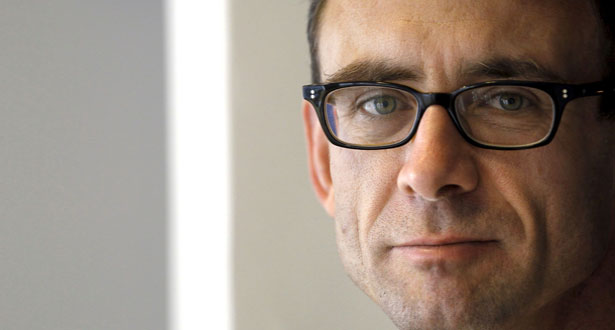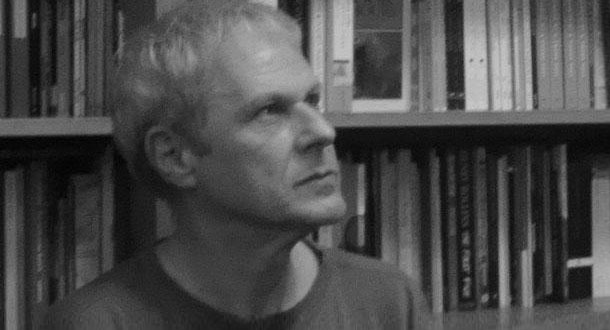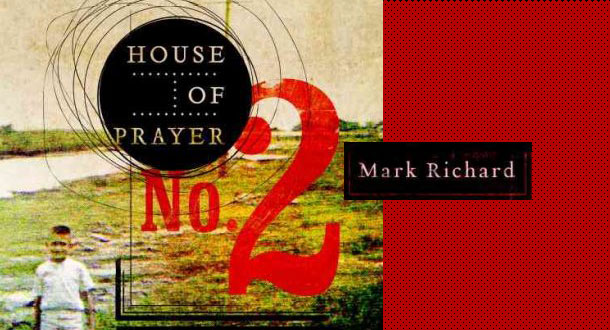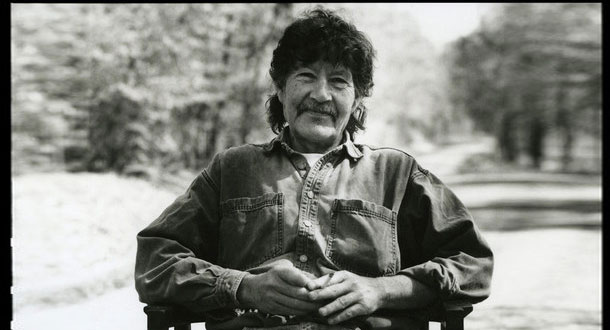In honor of Women in Horror Month, who better to interview than Lisa Morton, Bram Stoker Award-winning author, screenwriter, Halloween expert, and president of the Horror Writers Association? She also happens to be one of my personal favorite women in horror, a kind and funny person with an incredibly generous spirit.
As such a prolific writer in so many different mediums and fields (nonfiction, screenplays, short stories, novellas, novels, and graphic novels), do you have a secret favorite, or a ‘home base’ maybe, or is mastering many different things part of the fun?
I think my preferred format is short stories. I love being able to step into a new character and new world, do my thing, and then finish it up quickly.
You’ve suggested before that writers hoping to be published often overlook nonfiction. How did you discover that it was something you yourself enjoyed, and what prompted you to write your first nonfiction book, The Cinema of Tsui Hark?
The Tsui Hark book came about in an interesting way: in the late ‘90s, when many of us were discovering the exotic joys of Hong Kong cinema via traded videocassettes and arthouse screenings, I became utterly obsessed with Tsui’s movies. Back then it was difficult to find information about his work, so I started gathering what I could and putting it online; soon I had a whole website devoted to Tsui (and his company Film Workshop). People started saying, “You should do a book.” I liked that idea, but thought I didn’t have enough material…until the day I heard from Tsui’s wife Nansun Shi (who is also a formidable presence in the Hong Kong film industry), who invited me to spend a week in Hong Kong interviewing Tsui. That made the decision pretty easy!
I love research – it’s like a big treasure hunt for me – so I think that’s probably the main reason I enjoy crafting non-fiction.
How did you end up becoming a leading expert on Halloween? Did it sprout unintentionally from a personal passion or hobby, or did you set out to cultivate that body of work?
It was totally accidental and unexpected. After doing the Tsui Hark book, the publisher (McFarland) asked me if I’d like to do another book. I had no ideas, so I looked at their latest catalogue and saw they had a book called The Christmas Encyclopedia. I’d always loved Halloween and had a small collection of vintage Halloween books and pamphlets (this was back when they could still be had cheaply, before the Halloween collectibles market went nuts), so I came back to McFarland with the idea for The Halloween Encyclopedia. Over the several years that went into researching that book, I amassed so much information that it made sense to roll it over into other books.
Do you feel that your experience in filmmaking has had an impact on your fiction writing?
Most definitely. Creatively, it teaches a writer how to envision an entire scene, and then how to keep a plot and action moving quickly. Marketing-wise, the fact that my first movie (Meet the Hollowheads) had more fans than I realized opened a few doors for me at the start of my fiction-writing career.
How about your time working in a book store? Do you find that being surrounded by the physical objects of the trade affects your writing?
It’s certainly affected the non-fiction writing! I work in a very busy used bookstore, so our turnover is gigantic – on most days we probably see 4,000-5,000 books brought in for sale or trade. And the things that just walk in out of the blue are astounding – last month we had an actual honest-to-God copy of the 1578 edition of the Geneva Bible. When I was working on my book Ghosts: A Haunted History a few years ago, one day we acquired (conveniently!) a large collection of nineteenth-century ghost and Spiritualism books. There are even a number of illustrations in Ghosts that I scanned from my bookstore’s stock.
February is Women in Horror Month. Would you like to share a few of your favorite women influencers in the horror field?
I’m a big fan of the work of Ann Radcliffe, the mother of Gothic literature – I really loved The Mysteries of Udolpho, and I think it’s astonishing to realize that “Mother Radcliffe” (as Keats called her) has been continuously in print for two centuries. Of course Shirley Jackson is an icon; like many American schoolchildren, I read “The Lottery” in grade school and it messed me up in a wonderful way.
You’re so active in the writing community, volunteering as the president of the Horror Writers Association, helping organize conferences like StokerCon, mentoring newer writers like myself, and staying active in several other organizations. How on earth do you juggle it all? Do you find it valuable to give back and network with other writers?
For me, it’s an important part of who I am. I really enjoy helping others. I know that sometimes I give too much time to it, and of course at other times being President of a large writing organization is stressful, but the rewards far outweigh the negatives. Just this week the HWA gave away five endowments to libraries to assist with writing program for kids – to me, it just doesn’t get any better than that. And to come back to the answer: I’m the live-in caregiver to my 84-year-old mom, and our television is always on. I am not a television watcher (before I moved in to take care of her two years ago I didn’t even have cable); although it’s too much of a distraction for me to write while the television is on, I would far rather spend that time answering e-mails and working with other writers than enduring more network television.
Which leads me to the most-asked question of all writers everywhere: what’s your best, strangest, or most unique advice for other writers?
Well, I don’t think it’s unique, but: persevere. Even in the age of self-publishing, it takes years to establish yourself as a writer. Too many talented authors give up when they don’t hit it big in a short period of time. You have to be prepared for a long haul, a steep learning curve, and in full possession of a thick skin.
So now, the inevitable final question: with all you’ve done and are currently doing, what do you see or hope to see next on the horizon?
For me personally, I’m working on one of my bucket list items – I was recently offered the chance to helm a coffee table art book (I probably shouldn’t say more about it right now). For the genre as a whole, I think the outlook is improving all the time for my sister horror writers. This year, for example, five out of the eleven slots on the Preliminary Ballot for HWA’s Bram Stoker Award in the Novel category are occupied by female writers. That’s up from just one last year (yes, really), and I take that as a very good sign.
Awesome. Thank you so much for taking time to talk with me today, Lisa!
Thank YOU, Annie!

About the author
Annie Neugebauer likes to make things as challenging as possible for herself by writing horror, poetry, literary, and speculative fiction—often blended together in ways ye olde publishing gods have strictly forbidden. She’s a two-time Bram Stoker Award-nominated author with work appearing and forthcoming in more than a hundred publications, including magazines such as Cemetery Dance, Apex, and Black Static, as well as anthologies such as Year’s Best Hardcore Horror Volumes 3 & 4 and #1 Amazon bestsellers Killing It Softly and Fire. She’s an active member of the Horror Writers Association, and in addition to LitReactor, a columnist for Writer Unboxed. She’s represented by Alec Shane of Writers House. She needs to make new friends because her current ones are tired of hearing about House of Leaves. You can visit her at AnnieNeugebauer.com for news, poems, organizational tools for writers, and more.

.jpg)




